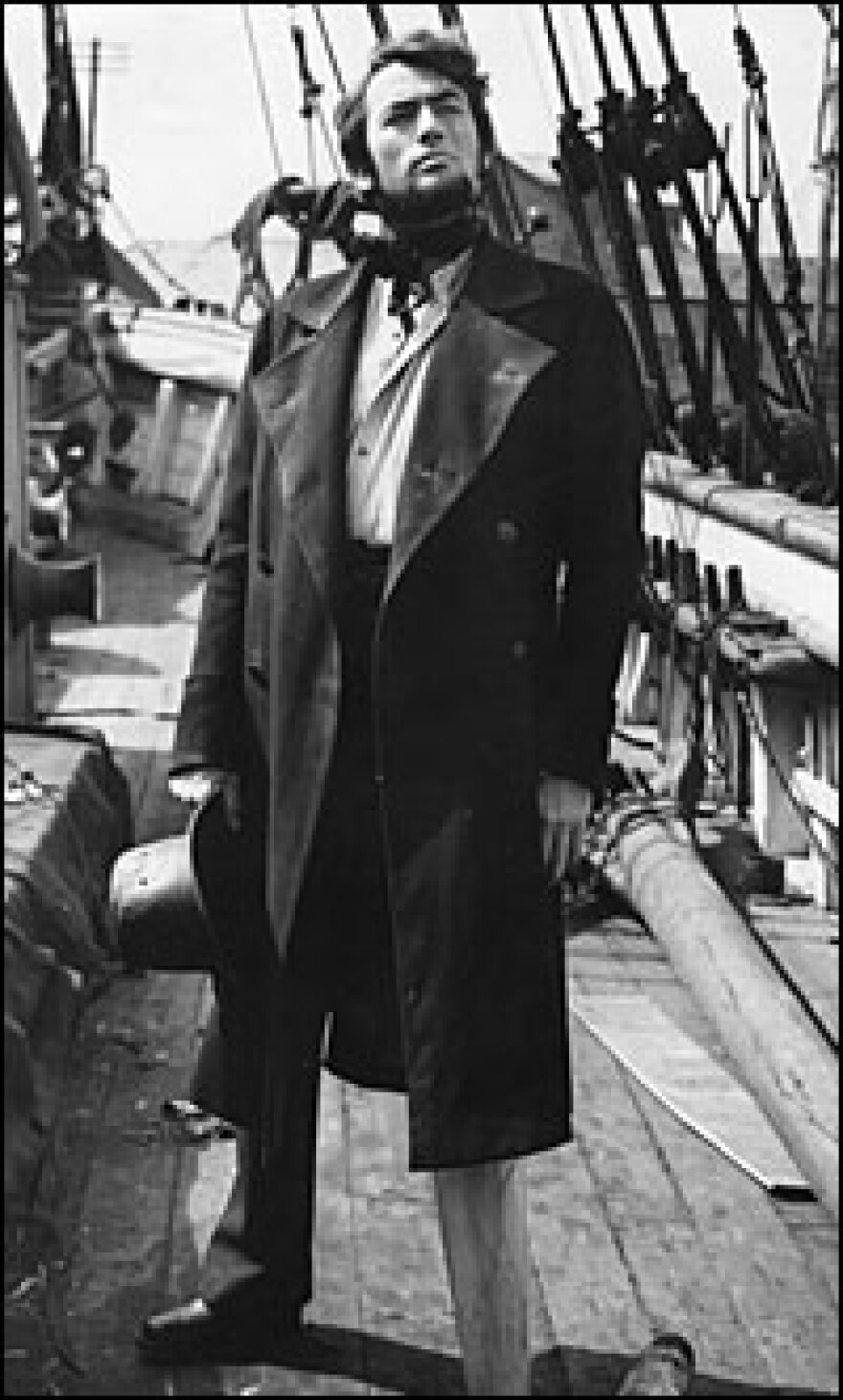

Is it possible? Could Ahab — the peg-legged ship's captain who leads that ill-fated quest for the great white whale in Herman Melville's Moby-Dick — have been misunderstood.
To most, especially those who know him only from John Huston's film, Ahab is a petty dictator, tyrant of a tiny seaborne fiefdom, a monomaniac dedicated only to killing the whale that mauled him. Ultimately, he's a mass murderer who drags dozens of sailors to Davy Jones' Locker.
But under that exterior madness, some see a man of surprising talents — a man destined for greatness, then marred by destiny. He's a wounded man, haunted not just by his loss, but by the image of the wife and child he's left behind. There's a humanity to him — and he's his own worst enemy.
There have been men of vision who've recognized this, not least Orson Welles, who turned Moby-Dick into theater and grabbed the part of Ahab for himself. Welles' play Moby-Dick Rehearsed has a following among Ahabophiles for staying faithful to the master.
And Ahab, finally, may be a more modern character than his 1851 vintage might suggest. Corporate groups come to Mystic Seaport in Connecticut for leadership seminars inspired by Captain Ahab. (And no wonder: He convinces a bunch of boozy seamen to join his suicidal mission. And there's no mutiny on the Pequod; Ahab is no Captain Bligh.)
In some sense, he's every leader of every country who asks the population to trust him, follow him — wherever.
In this installment of NPR's ongoing series In Character, our correspondent takes a high-concept trip to the decks of the Pequod, in search of what makes Ahab such an enduring figure.
Copyright 2022 NPR. To see more, visit https://www.npr.org.


